Internal emails reveal the fear that prompted Microsoft's OpenAI investment and pushed Google into an AI panic
Internal Microsoft emails show the firm was worried about Google's AI potential, prompting its investment in OpenAI that kickstarted the generative AI race
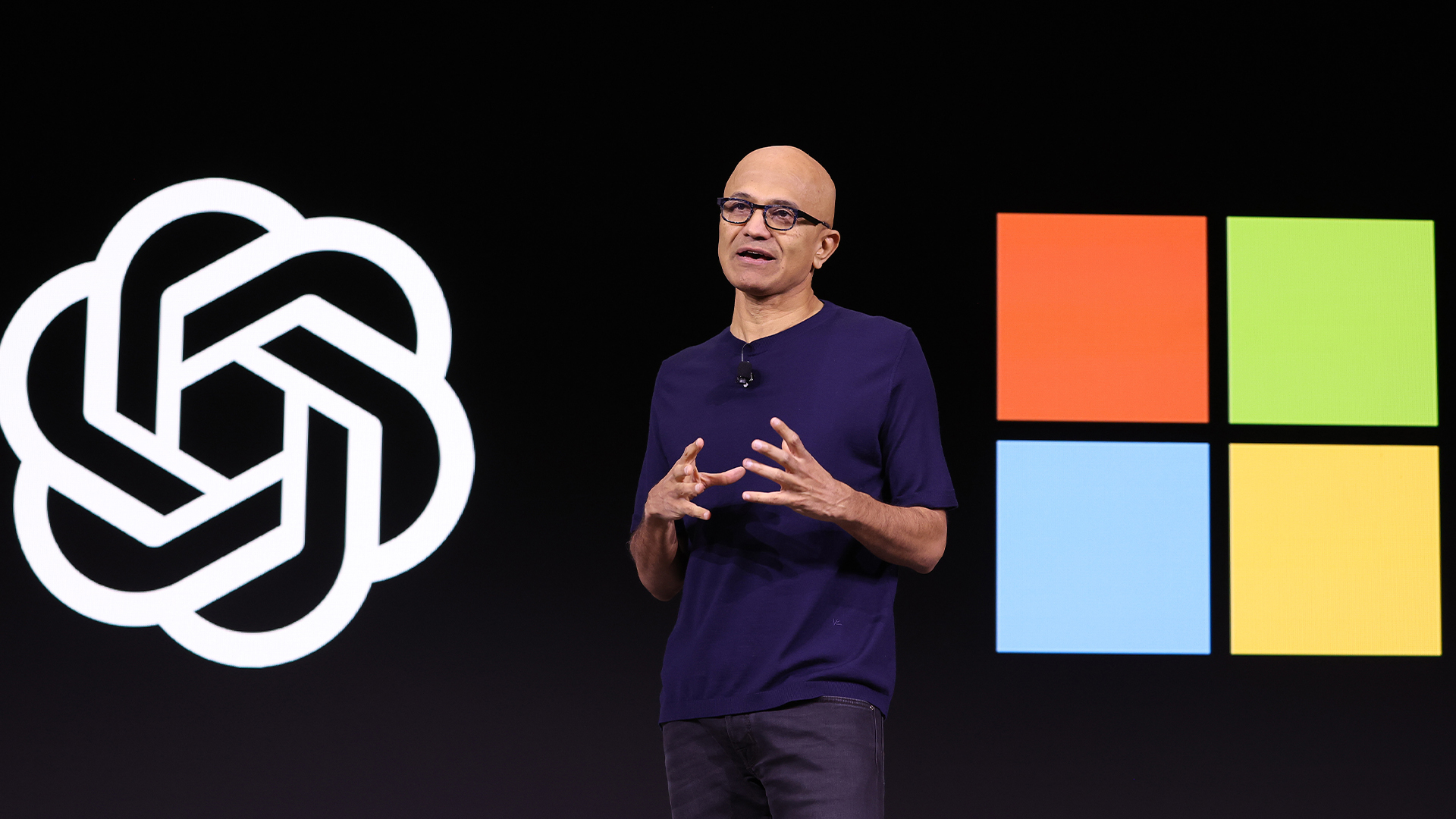

Microsoft’s hefty investment into OpenAI was borne out of fear that Google was outpacing the firm in AI, according to an internal email exchange between Microsoft executives.
The emails, disclosed as part of the Department of Justice’s (DoJ) ongoing antitrust trial against Google and first reported by Business Insider, point to the reactive measures prioritized by Microsoft in the recent AI boom.
Microsoft CTO Kevin Scott warned CEO Satya Nadella and Bill Gates of the quality of Google’s AI capabilities, adding that the tech giant was likely “multiple years behind the competition in terms of ML scale”.
The email exchange is carried out under the subject line “Thoughts on OpenAI”, and Microsoft’s CTO notably puts OpenAI and Google on a similar level in terms of their AI position.
“The thing that’s interesting about what OpenAI and DeepMind and Google Brain are doing is the scale of their ambition,” Scott said.
Scott specifically highlighted the moves they were making in “datacenter design” and “distributed systems architectures”, all under Nadella’s reply which describes Scott’s email as an effective explanation of “why I want us to do this”.
There is scope to speculate that Nadella is here referring to the substantial $1 billion investment Microsoft made into OpenAI in 2019, an investment which began a long-running commitment to the AI start up.
Get the ITPro daily newsletter
Sign up today and you will receive a free copy of our Future Focus 2025 report - the leading guidance on AI, cybersecurity and other IT challenges as per 700+ senior executives
Microsoft has since invested a total of about $13 billion into OpenAI, though not without garnering a sizable amount of unwanted attention from various competition watchdogs on both sides of the Atlantic.
This vast sum of money now appears to be a product not of innovation but of competitive fears that its rival may be moving more quickly.
Microsoft success sent Google into a frenzy
Ironically, Microsoft’s relationship with OpenAI prompted a similarly dramatic shift in Google’s own AI strategy, as the firm began to foster fears that it too was falling behind its rival in the generative AI race.
Following Microsoft-backed developments in ChatGPT, Google almost immediately began to pursue an equally reactive AI strategy.
In early 2023, the firm entered a state of ‘code red’, reassigning staff and resources to prioritize new AI developments and releases across the company.
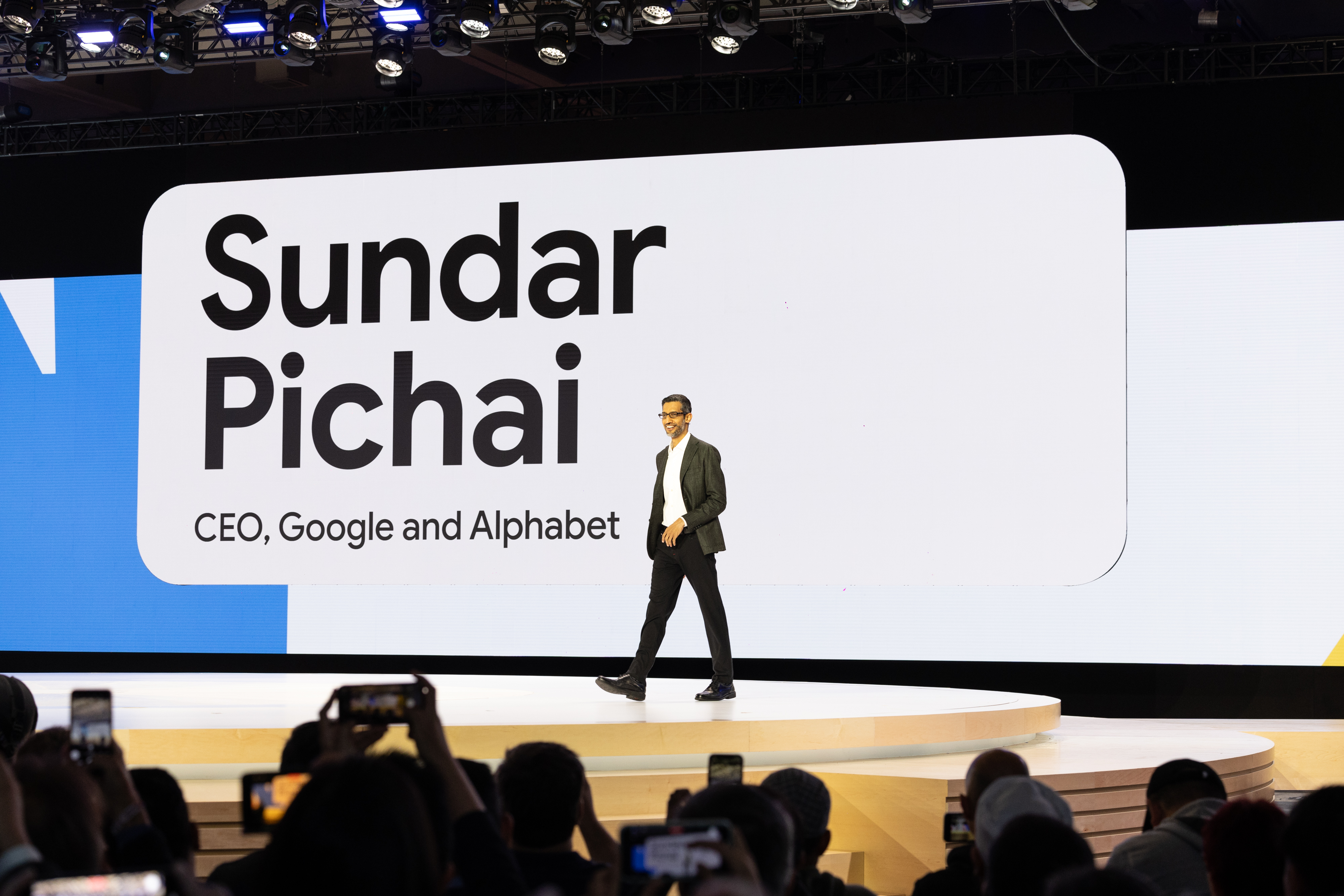
Sundar Pichai led a company-wide charge to catch Microsoft in the generative AI race
According to reporting from the New York Times, CEO Sundar Pichai led the charge, with claims that employee work was “upended” in order to focus on responding to the threat of Chat GPT.
Many of Google’s subsequent AI efforts have been as uncoordinated as this first effort to ramp up its strategy, with the lack of a cohesive vision marring its developments and the failure of products like Bard hanging over the firm’s head.
RELATED WHITEPAPER
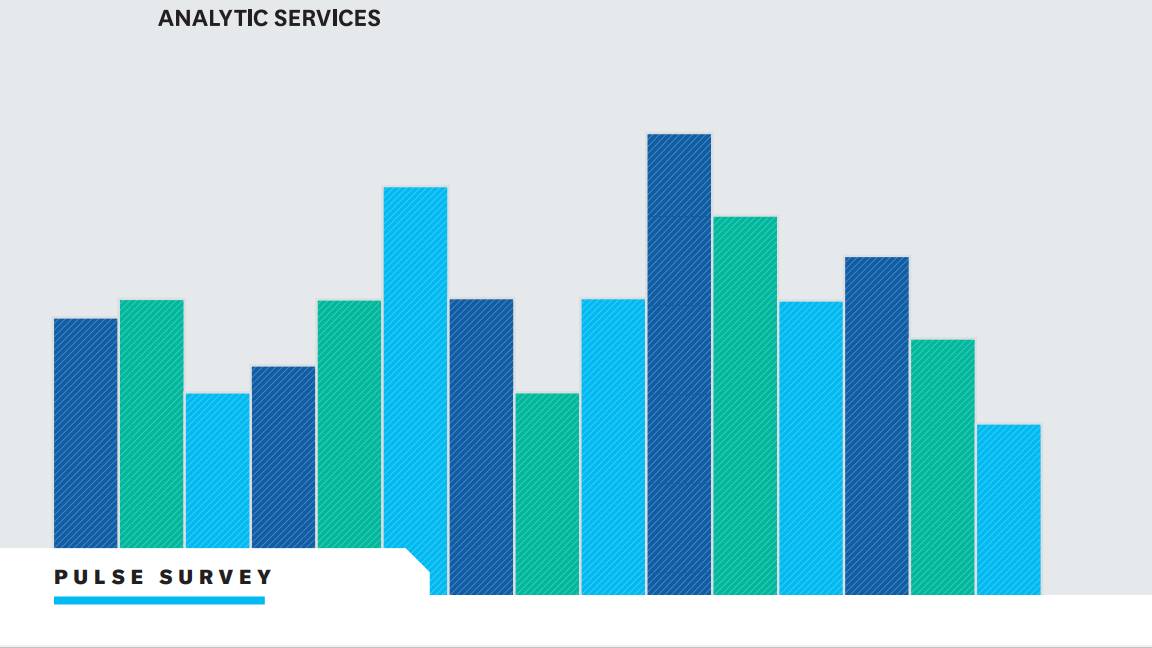
This initial flurry at Google appears to have leveled off now, though. In late 2023, the firm rebranded its Duet and Bard products under the Gemini banner in a move that was hailed by industry analysts as a clear sign it was beginning to articulate its AI vision for 2024 and beyond.
This view was reaffirmed at Google Cloud Next in April in which the tech giant unveiled a flurry of new products and services. Analysts once again noted the tone of the event and scale of product offerings will stand the firm in good stead moving forward.
Recent earnings reports also point toward a pending charge in the generative AI space and fiercer competition with Microsoft.

George Fitzmaurice is a former Staff Writer at ITPro and ChannelPro, with a particular interest in AI regulation, data legislation, and market development. After graduating from the University of Oxford with a degree in English Language and Literature, he undertook an internship at the New Statesman before starting at ITPro. Outside of the office, George is both an aspiring musician and an avid reader.
-
 Enterprises face delicate balancing act with data center sustainability goals
Enterprises face delicate balancing act with data center sustainability goalsNews High energy consumption, raw material requirements, and physical space constraints are holding back data center sustainability efforts, according to new research from Seagate.
By Emma Woollacott
-
 Cleo attack victim list grows as Hertz confirms customer data stolen
Cleo attack victim list grows as Hertz confirms customer data stolenNews Hertz has confirmed it suffered a data breach as a result of the Cleo zero-day vulnerability in late 2024, with the car rental giant warning that customer data was stolen.
By Ross Kelly
-
 Third time lucky? Microsoft finally begins roll-out of controversial Recall feature
Third time lucky? Microsoft finally begins roll-out of controversial Recall featureNews The Windows Recall feature has been plagued by setbacks and backlash from security professionals
By Emma Woollacott
-
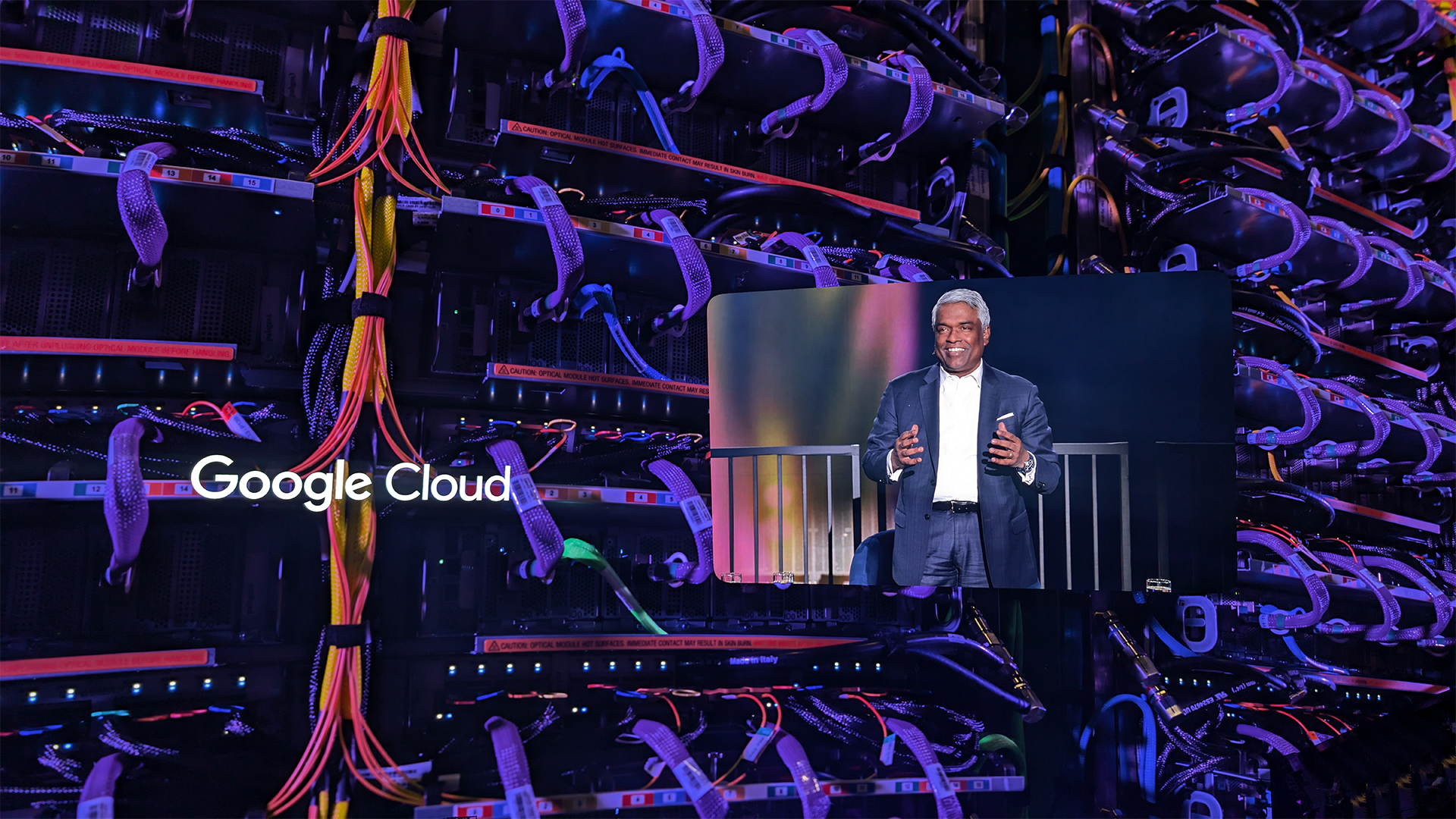 Google Cloud is leaning on all its strengths to support enterprise AI
Google Cloud is leaning on all its strengths to support enterprise AIAnalysis Google Cloud made a big statement at its annual conference last week, staking its claim as the go-to provider for enterprise AI adoption.
By Rory Bathgate
-
 OpenAI woos UK government amid consultation on AI training and copyright
OpenAI woos UK government amid consultation on AI training and copyrightNews OpenAI is fighting back against the UK government's proposals on how to handle AI training and copyright.
By Emma Woollacott
-
 DeepSeek and Anthropic have a long way to go to catch ChatGPT: OpenAI's flagship chatbot is still far and away the most popular AI tool in offices globally
DeepSeek and Anthropic have a long way to go to catch ChatGPT: OpenAI's flagship chatbot is still far and away the most popular AI tool in offices globallyNews ChatGPT remains the most popular AI tool among office workers globally, research shows, despite a rising number of competitor options available to users.
By Ross Kelly
-
 Microsoft launches new security AI agents to help overworked cyber professionals
Microsoft launches new security AI agents to help overworked cyber professionalsNews Microsoft is expanding its Security Copilot service with new AI agents to help overworked IT teams deal with surging security threats.
By Bobby Hellard
-
 ‘DIY’ agent platforms are big tech’s latest gambit to drive AI adoption
‘DIY’ agent platforms are big tech’s latest gambit to drive AI adoptionAnalysis The rise of 'DIY' agentic AI development platforms could enable big tech providers to drive AI adoption rates.
By George Fitzmaurice
-
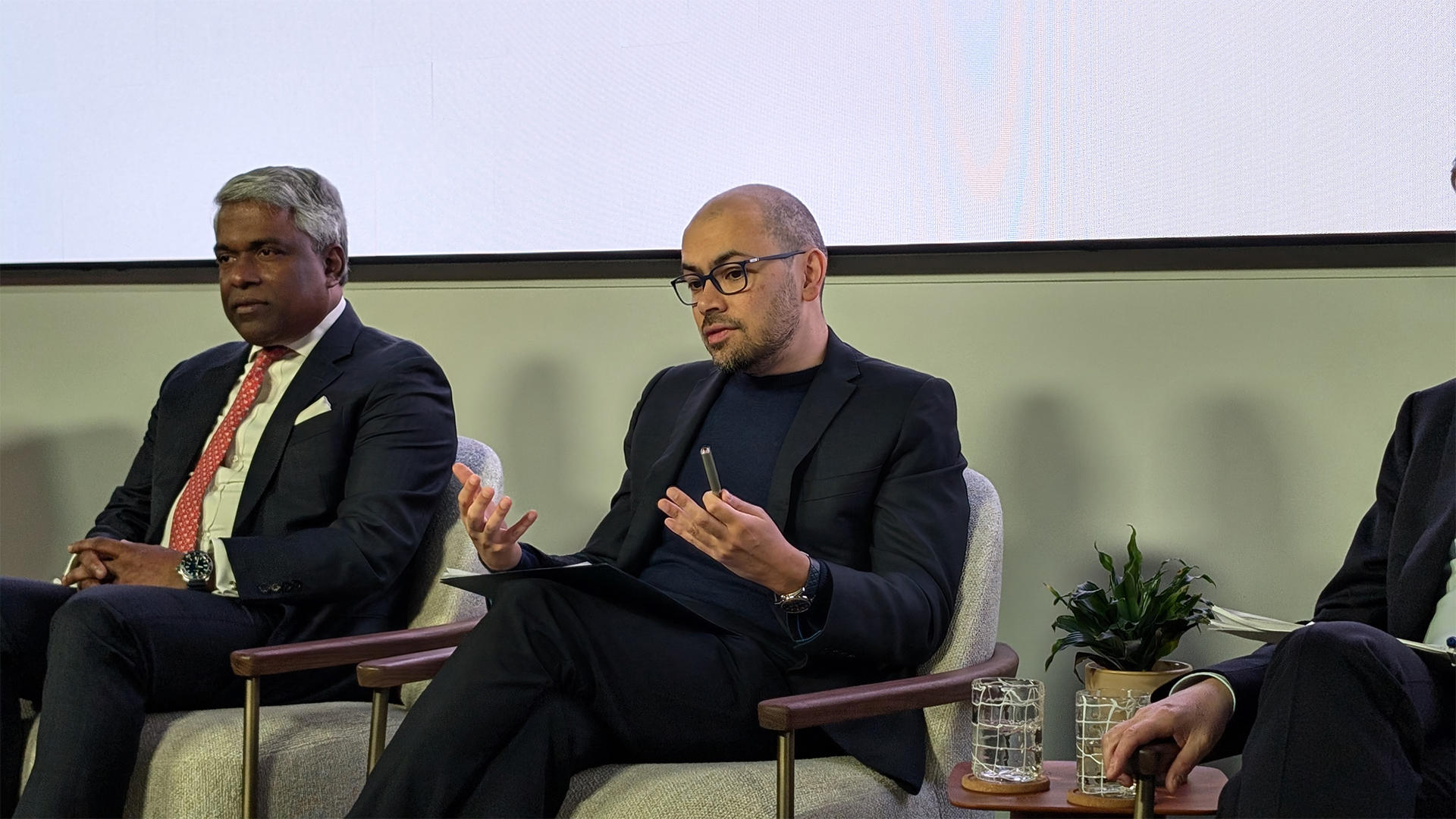 Google DeepMind’s Demis Hassabis says AI isn’t a ‘silver bullet’ – but within five to ten years its benefits will be undeniable
Google DeepMind’s Demis Hassabis says AI isn’t a ‘silver bullet’ – but within five to ten years its benefits will be undeniableNews Demis Hassabis, CEO at Google DeepMind and one of the UK’s most prominent voices on AI, says AI will bring exciting developments in the coming year.
By Rory Bathgate
-
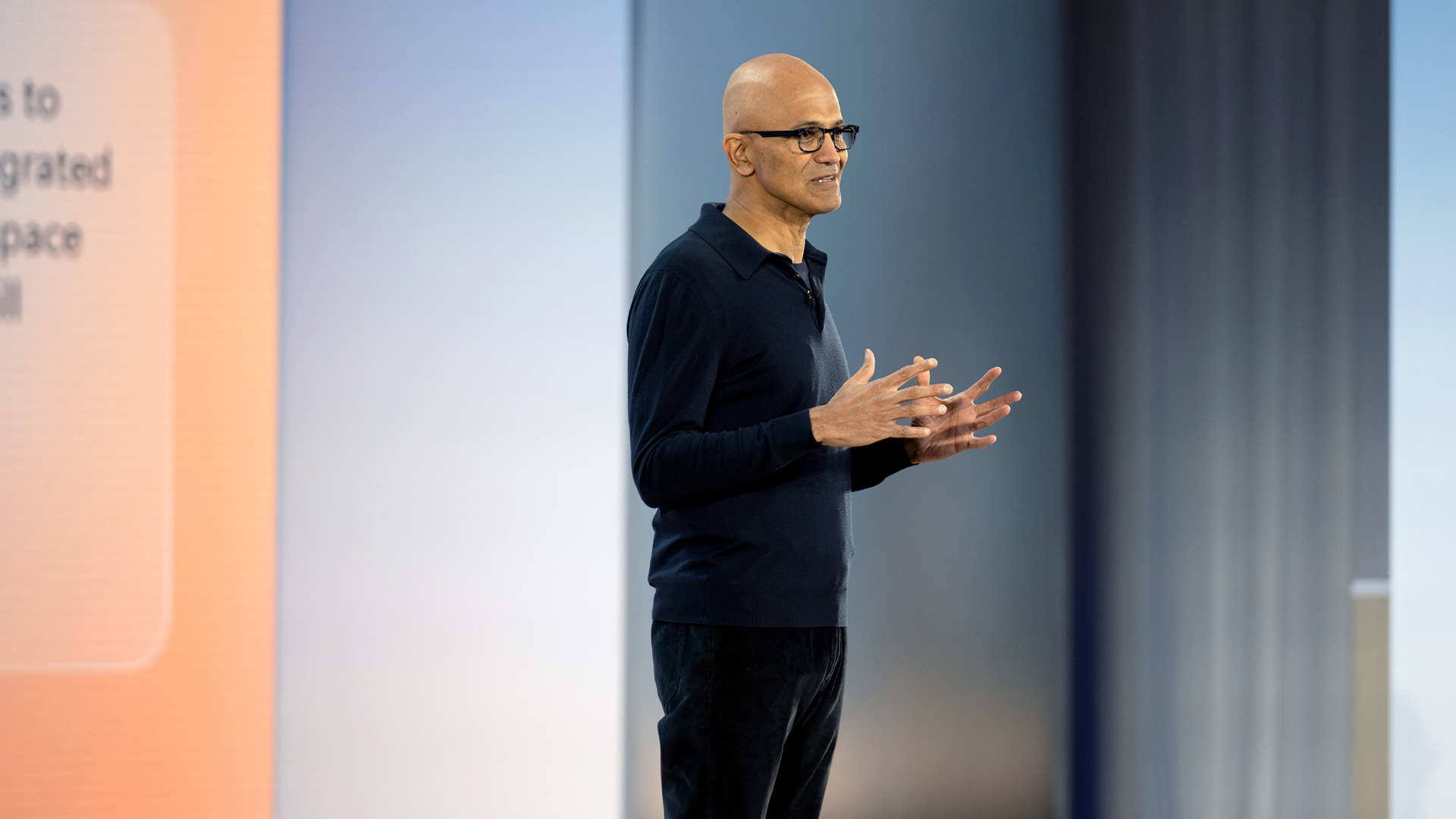 ‘The entire forecasting business process changed’: Microsoft CEO Satya Nadella says Excel changed the game for enterprises in 1985 – he’s confident AI tools will do the same
‘The entire forecasting business process changed’: Microsoft CEO Satya Nadella says Excel changed the game for enterprises in 1985 – he’s confident AI tools will do the sameNews The Microsoft CEO says we need to change how we measure the value of AI
By George Fitzmaurice